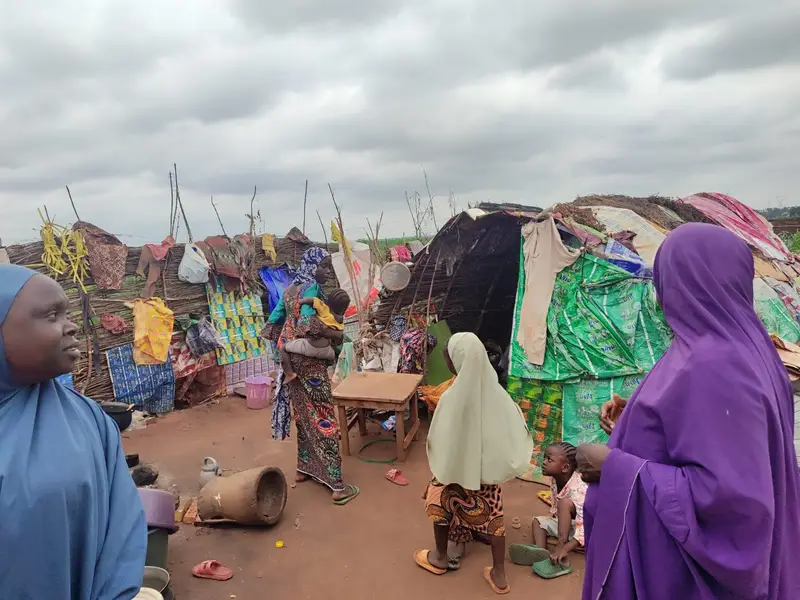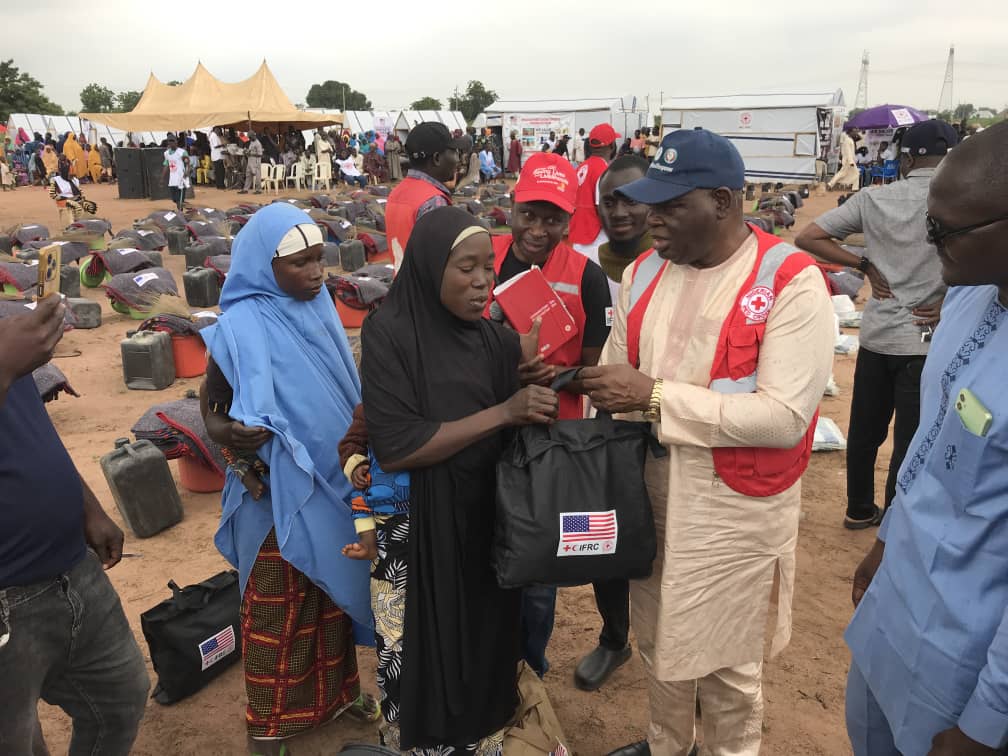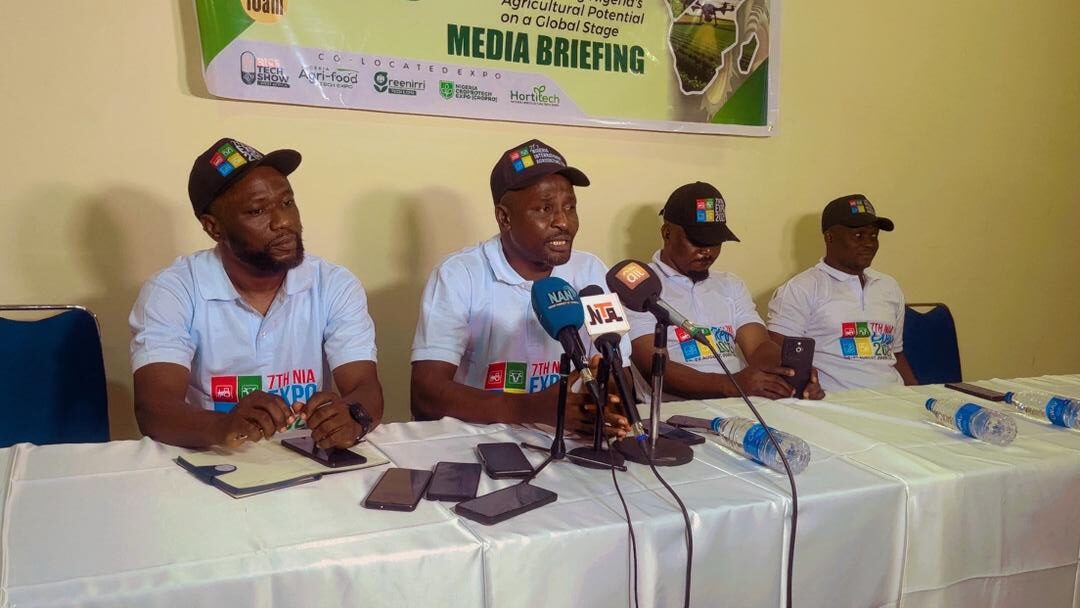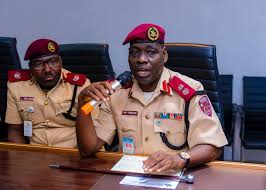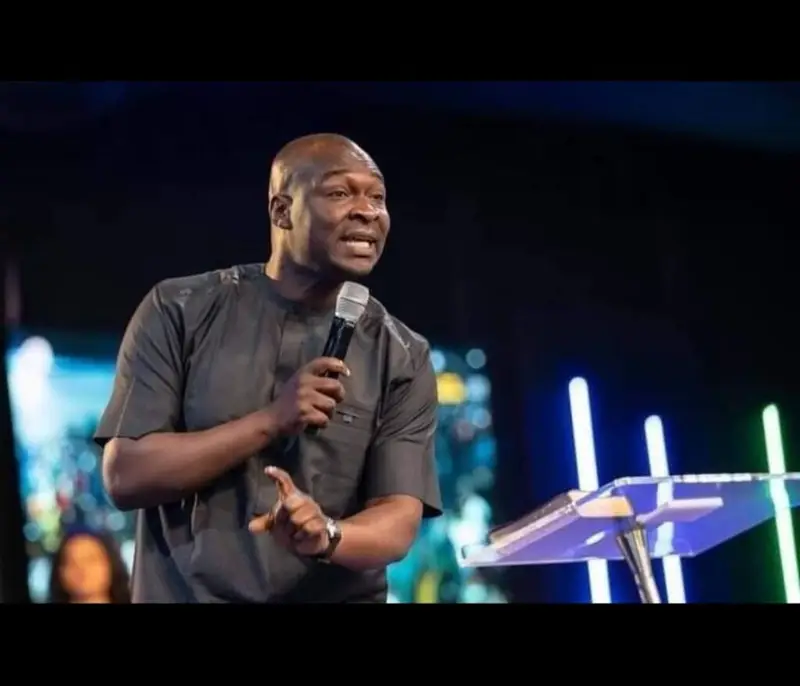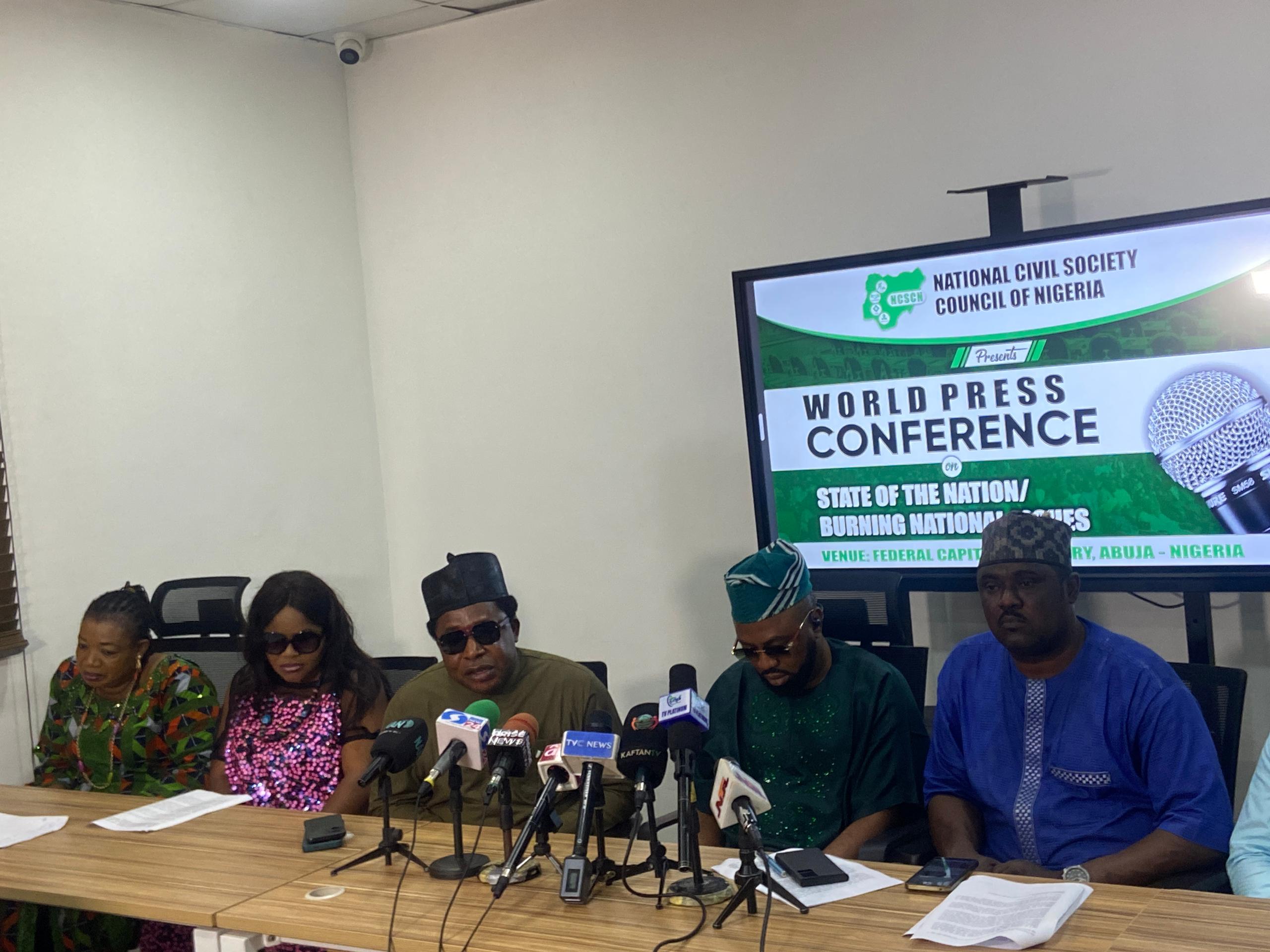Mokwa flood victims allege exclusion from N1bn relief package
By Rita Iliya
Some victims of the recent flood in Mokwa, Niger, have alleged exclusion from the N1 billion state government compensation.
The victims makes the allegations in an interview with the News Agency of Nigeria (NAN) in Mokwa on Saturday.
NAN recalls that Gov. Umaru Bago had in June approved N1 billion to support victims of the Mokwa flood, saying 458 affected households will receive N1 million each and 25 bags of grains including 10 bags of rice, 5 bags of maize, 5 bags of sorghum and 5 bags of millet.
Bago said the next of kins of the 209 deceased victims would receive N1 million while 280 house and shop owners would receive N500,000 for reconstruction.
However, after the distribution of the relief, some victims of the disaster alleged irregularities in the distribution process, saying not all affected persons received the compensation.
Farida Abubakar, a victim, said she lost her mother, who was the breadwinner of their family, during the flood.
She alleged she was told by the Mokwa Flood Relief Distribution Committee that she do not have a husband as such would not benefit.
“When they were writing names of people who lost their loved ones, I went for my name to be captured, I was told I don’t have a husband, so I was not qualified to benefit.
“I have three other younger siblings, we have been feeding from hands to mouth, we have been sleeping in Tiffin-Maza primary school because I don’t have money to rent house for us to live,” she said.
Another victim, Yusuf Isah, a 74-year-old, said he constructed a hut to live with his wife and eight children after they lost their rented apartment to the flood.
“When the flood came, it washed away all our belongings, the landlord of the house collected N1 million for the household and N500,000 for the house owner, but refused to share the money with me.
“The landlord only gave me three bags of grains out of the 25 bags given to her,” he said.
Also speaking, Hussaina Zakari, another victim, said she lost all her belongings to the flood while she was away for the burial of her father.
“I lost my father before the flood, I was away for his burial when I was called that flood had washed away my property, after I returned, the only support I got was grains.
“I never benefited from any cash assistance, I have been living in an IDP camp with my three children and younger ones.
“NGOs have been of great assistance to us providing us with food and other essential items,” she said.
Another victim, Farida Isiaku, said she lost her six children, co-wife and her three children also including her husband during the flood, saying she survived the disaster with the help of neighbours and was taken to the hospital in Bida.
She confirmed receiving N12 million compensation from the state government, saying she used part of the money to rent a house and share the rest among her husband’s family and co-wife’s family.
Alhaji Tanko Bala, Sarkin Hausawa in Mokwa, said the most affected people in the flood were Hausa people and commended the efforts of the state government for supporting victims with relief materials and cash.
He confirmed that some affected victims were yet to be compensated, alleging that there were mistakes in the compensation process.
“Some households that were supposed to benefit N1 million got N1. 5 million instead and house owners that were supposed to get N500,000 got N1.5 million.”
Also speaking, Dauda Liman, Chairman of Mokwa Flood Relief Distribution Committee and Secretary of the Council, said the relief distribution was done in three batches.
He said that the victims who were yet to be compensated were those who left to other communities after the flood due to trauma, but later returned when they heard of the relief distribution.
He called on the state government to deliver the remaining 20 trucks of grains out of the 50 truck promised by the governor for onward distribution to the remaining victims.
Responding, Alhaji Salihu Garba, Director, Relief and Rehabilitation, Niger state Emergency Management Agency (NSEMA), said the agency synergised with community-based organisation to identify victims and distribute the relief materials.
“We relied on the information and data generated by them because our search and rescue operations were carried out jointly with them.
“We are aware that some victims were not captured, and that’s why we opened a complaint desk,” he said.
He noted that due to the magnitude and destructive nature of the disaster, it was not possible to capture every victim at the same time.
According to him, some were around when the capturing was ongoing but they were too traumatised to come forward, while others left the vicinity to other communities while the assessment was done.
Garba said the agency was aware of the challenges and would address it, saying a report on the intervention would be done to the governor with recommendations.
The director said 30 trucks of relief materials have already been delivered and the agency has successfully completed the assignment of distributing cash to order forms of assistance to households, victims of death and those whose houses were destroyed.
He commended the efforts of the Mokwa Youth Forum, Ja’maatul Islam, Christian Association of Nigeria, Ndalile of Mokwa and the Sarkin Hausawa for their assistance in identifying victims.
NAN reports that the Mokwa Flood Relief Distribution Committee includes Ministry of Humanitarian and Disaster Management, NSEMA, Mokwa local government. (NAN). (www.nannews.ng)
Edited by Ismail Abdulaziz



